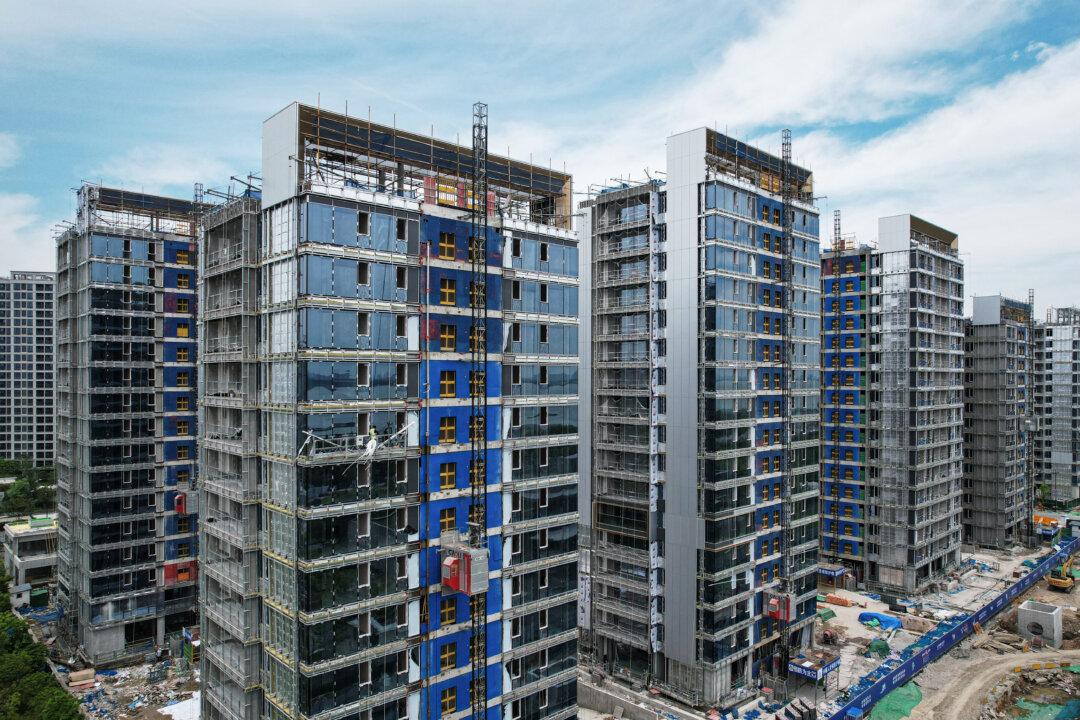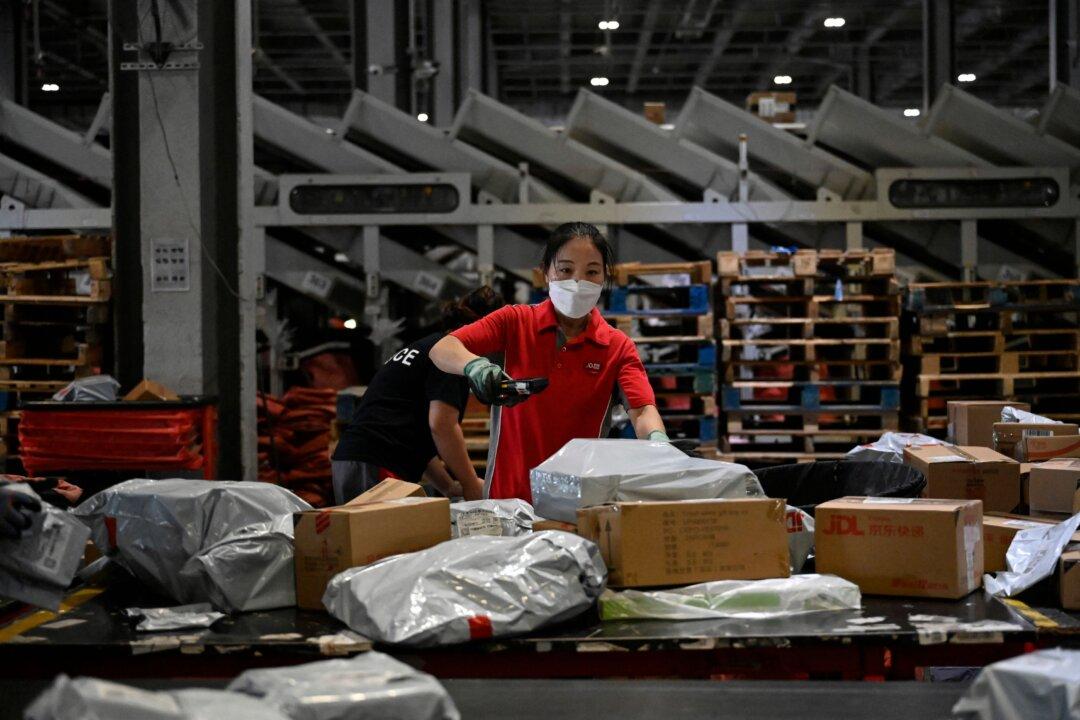As China’s property crisis intensifies—triggered by the country’s two best-known developers missing their debt commitments and a trust company delaying payment of maturing wealth products— investor confidence has been rocked again.
Country Garden, China’s largest private real estate developer, is seeking to delay payment on a private onshore bond for the first time—the latest sign of a stifling cash crunch in the property sector—after suspending trading of at least 10 onshore bonds and is heading for a debt workout. Its shares have slipped to a historical low, reflecting its financial distress.





